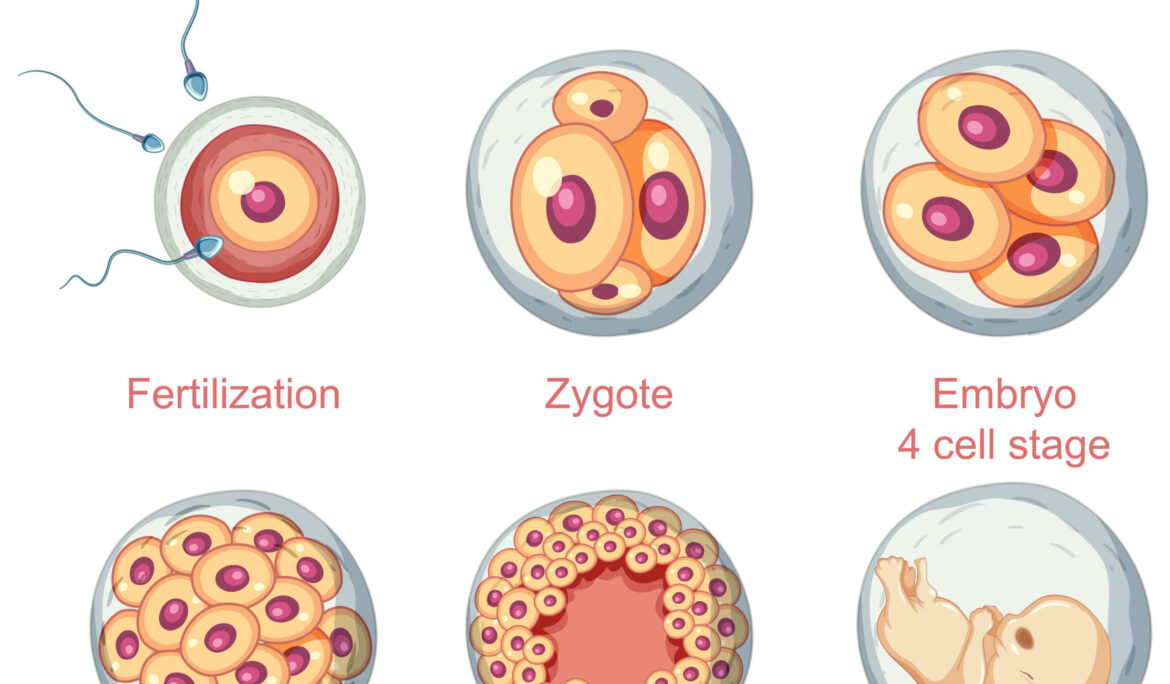Can the Donor Embryo Remain Anonymous?


Yes, In many cases, the donor couple remains anonymous, and no identifying information is shared between the donors and the recipients. However, some programs offer the option of known donation, where the donors and recipients may choose to share contact information.
When considering the use of donor embryos to start or grow a family, one of the key questions prospective parents often ask is whether the donor embryo can remain anonymous. Anonymity in embryo donation involves keeping the identities of both the donors and recipients confidential. This article will explore the concept of anonymity in donor embryo cases, the benefits and challenges, and the legal and ethical considerations involved.
Understanding Donor Embryo Anonymity
Anonymity in donor embryo cases means that the identities of the donating couple or individuals and the recipients are not disclosed to each other. The embryos are donated to help others achieve pregnancy without the expectation of ongoing contact or knowledge of each other’s identities. In many cases, both parties agree to this arrangement to protect their privacy and ensure a clear boundary between the donor and recipient families.
How Anonymity Works in Donor Embryo Cases
-
Selection and Matching:
- The process begins with the selection and matching of donor embryos to recipients. Fertility clinics and agencies typically match donors and recipients based on medical history, genetic background, and sometimes physical characteristics. However, in anonymous cases, no identifying information is shared between the two parties.
-
Legal Agreements:
- Both the donors and recipients sign legal agreements that outline the terms of the donation, including the commitment to maintaining anonymity. These agreements are essential to ensure that all parties understand their rights and responsibilities and that the anonymity of the donation is legally protected.
-
Embryo Transfer:
- The embryos are thawed and transferred to the recipient’s uterus without any identifying information about the donors being disclosed. The recipient family will carry the pregnancy, give birth, and become the legal parents of the child.
Benefits of Anonymous Donor Embryos
-
Privacy for Donors and Recipients:
- Anonymity provides privacy for both the donors and recipients, allowing them to proceed with the donation or the pregnancy without the potential complications of knowing each other’s identities. For many, this sense of privacy is crucial to their decision to participate in embryo donation.
-
Clear Boundaries:
- Maintaining anonymity helps establish clear boundaries between the donor and recipient families. This can prevent potential conflicts or emotional complexities that might arise if the identities of the donors and recipients were known.
-
Simplified Process:
- An anonymous donation can simplify the legal and logistical aspects of embryo donation. Since the identities are not disclosed, there are fewer concerns about future contact or legal claims, making the process more straightforward for all involved.
Challenges and Considerations
-
Legal and Ethical Considerations:
- The legal landscape regarding donor anonymity is evolving, with some regions allowing for the possibility of future contact or requiring that certain information be made available to the child once they reach a certain age. It is important for recipients to understand the laws in their country or region and to consider the potential implications for their child.
-
Potential Future Contact:
- While the initial arrangement may be anonymous, there is a possibility that the child conceived through the donor embryo may seek information about their genetic origins in the future. With advances in DNA testing and genealogy services, complete anonymity may be difficult to maintain over the long term.
-
Emotional Implications:
- Anonymity can lead to emotional complexities for both the donors and the recipients. Donors may wonder about the outcome of their donation and whether the child is thriving, while recipients may grapple with the idea of their child not having access to information about their genetic heritage. It is important to consider these emotional aspects and seek counseling if needed.
Legal and Ethical Landscape
-
Varying Laws by Region:
- The legality of anonymous embryo donation varies by region. Some countries allow for full anonymity, while others have laws that require donor-conceived children to have access to certain information about their genetic origins. Prospective parents should consult with legal professionals to ensure they understand the regulations in their area.
-
Ethical Considerations:
- Ethical debates around anonymity in donor embryos center on the rights of the child to know their genetic background versus the privacy rights of the donors. Some argue that children have a fundamental right to know their genetic origins, while others believe that the privacy of the donors should be upheld.
Options for Semi-Open or Open Donation
-
Semi-Open Donation:
- In a semi-open donation, the identities of the donors and recipients are initially kept confidential, but there may be an option for limited contact through a third party, such as the fertility clinic or agency. This arrangement allows for some exchange of information or updates while maintaining a degree of privacy.
-
Open Donation:
- In an open donation, the donors and recipients may choose to share their identities and establish a relationship. This can range from occasional updates to more regular contact, depending on the preferences of both parties. Open donation can provide greater transparency and connection, but it requires careful consideration and clear communication.
Conclusion
The option of maintaining anonymity in donor embryo cases offers significant benefits, particularly in terms of privacy and clear boundaries. However, it also comes with challenges, particularly as legal and ethical standards continue to evolve. Prospective parents considering anonymous donor embryos should weigh the benefits and potential drawbacks, consult with legal professionals, and consider the long-term implications for their family.



